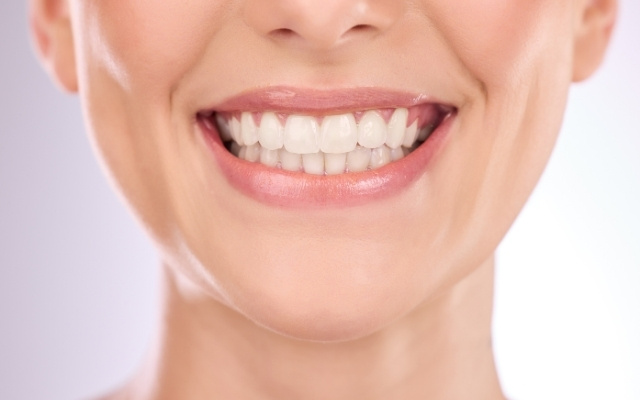A bright smile is much more than a mere accessory. Your smile reflects your confidence. A warm and confident smile instantly attracts everyone.
If you feel insecure about your smile and feel like it has lost its charm with time, you can opt for a teeth whitening treatment. You will have a lot of options for teeth whitening. So many options can confuse you, and you may feel overwhelmed by the overall scenario.
However, based on your exact goal and the current state of your teeth, you should be choosing the whitening method. This way, you will get the best possible result from your whitening treatment.
Teeth whitening and bleaching are two of the most common and effective teeth whitening methods. Now, which one you need will depend on a lot of factors.
Teeth Whitening
This method of whitening is best to remove the surface stains of your teeth. Teeth whitening makes your teeth bright and white like earlier.
This professional method of teeth whitening works best for stains like:
- Coffee
- Tea
- Red wine
- Discoloration from smoking
- Yellowing due to poor oral care.
Teeth Bleaching
Teeth bleaching is a stronger method to whiten your teeth. It goes beyond your surface stains and lightens the natural color of your teeth.
Teeth bleaching is best when?
- When your stains are due to aging
- When the reason behind your teeth discoloration is some medication
Key Differences Between Whitening & Bleaching
| Feature | Teeth Whitening | Teeth Bleaching |
| Purpose of the method | Removes surface stains of your teeth. | This is best for lightening your teeth beyond its surface. |
| Hydrogen peroxide | Store-bought whitening products typically contain about 1.5-1.6%. | Professional bleaching treatments contain 10-40%. |
| Best for whom? | Best for stains from foods and drinks. | Best for deep-set stains on your teeth. |
| Results | With this process, results come gradually, not overnight. | Since the ingredient is more potent here, results are also faster. |
| Risk of sensitivity | Low risk of teeth sensitivity. | Higher chances of sensitivity due to high concentration of the product. |
Choose the Right Option to Whiten Your Teeth
If you are still unclear and thinking about which whitening method will be the right for you, continue reading.
- Type of Staining: If your goal is removing only surface stains, then you can go for whitening only. However, if you are troubled with deep discoloration of your teeth, you need bleaching.
- Tooth Sensitivity: If your teeth are naturally sensitive, then whitening will be better for your oral health. Bleaching can worsen your sensitivity.
- Desired Results: If you are okay with gradual enhancement, you can go for teeth whitening. However, if your goal is a dramatic transformation, bleaching will be right for you.
- Budget: Before anything, consider your overall budget. Bleaching is a bit more expensive than normal whitening. Do your calculations and see which one is affordable for you.
Whatever you decide, consult with your regular dentist first. Discuss everything in detail and take your dentist’s suggestions into account. Professional advice is always a good guide.
However, only getting a whitening treatment is not enough to have white teeth for life. You need to maintain the results also.
- Have a good oral care routine and stick to it daily.
- Avoid smoking and chewing on tobacco products.
- Drink plenty of water throughout the day.
- Limit your daily consumption of stain-causing foods and drinks.
Whitening and bleaching- both are effective against stains on your teeth. But both work differently, and there is a slight difference in their result. Understand the nuances and choose the one that aligns best with your goals.
Need more information on teeth whitening? Contact us now.


